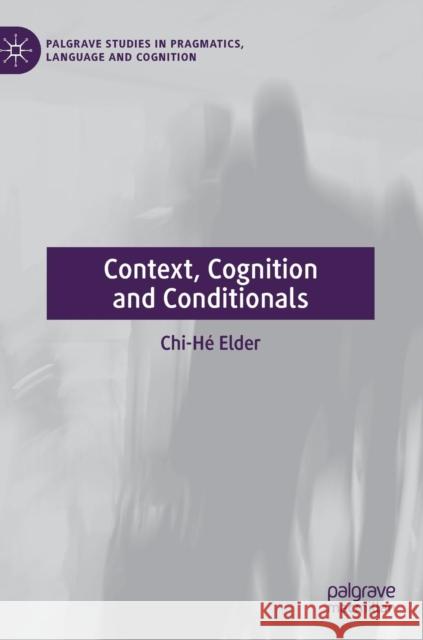Context, Cognition and Conditionals » książka
topmenu
Context, Cognition and Conditionals
ISBN-13: 9783030137984 / Angielski / Twarda / 2019 / 279 str.
Context, Cognition and Conditionals
ISBN-13: 9783030137984 / Angielski / Twarda / 2019 / 279 str.
cena 342,14
(netto: 325,85 VAT: 5%)
Najniższa cena z 30 dni: 327,68
(netto: 325,85 VAT: 5%)
Najniższa cena z 30 dni: 327,68
Termin realizacji zamówienia:
ok. 22 dni roboczych.
ok. 22 dni roboczych.
Darmowa dostawa!
Kategorie:
Kategorie BISAC:
Wydawca:
Palgrave MacMillan
Seria wydawnicza:
Język:
Angielski
ISBN-13:
9783030137984
Rok wydania:
2019
Wydanie:
2019
Ilość stron:
279
Waga:
0.50 kg
Wymiary:
21.01 x 14.81 x 1.75
Oprawa:
Twarda
Wolumenów:
01











